Team
2023
2022
2021
2023
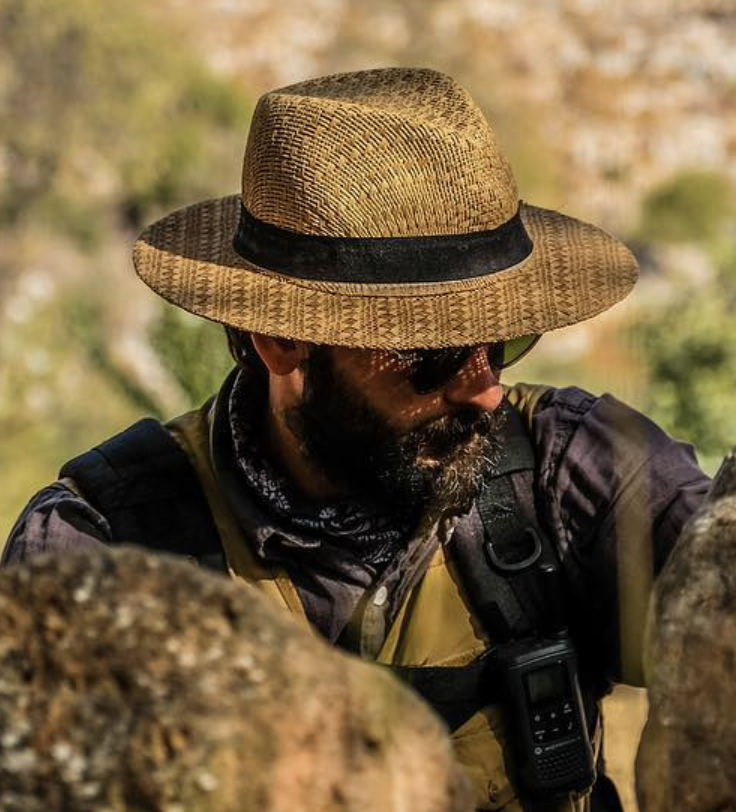
Dr. Asil YAMAN
Founder & Director
Penn Museum
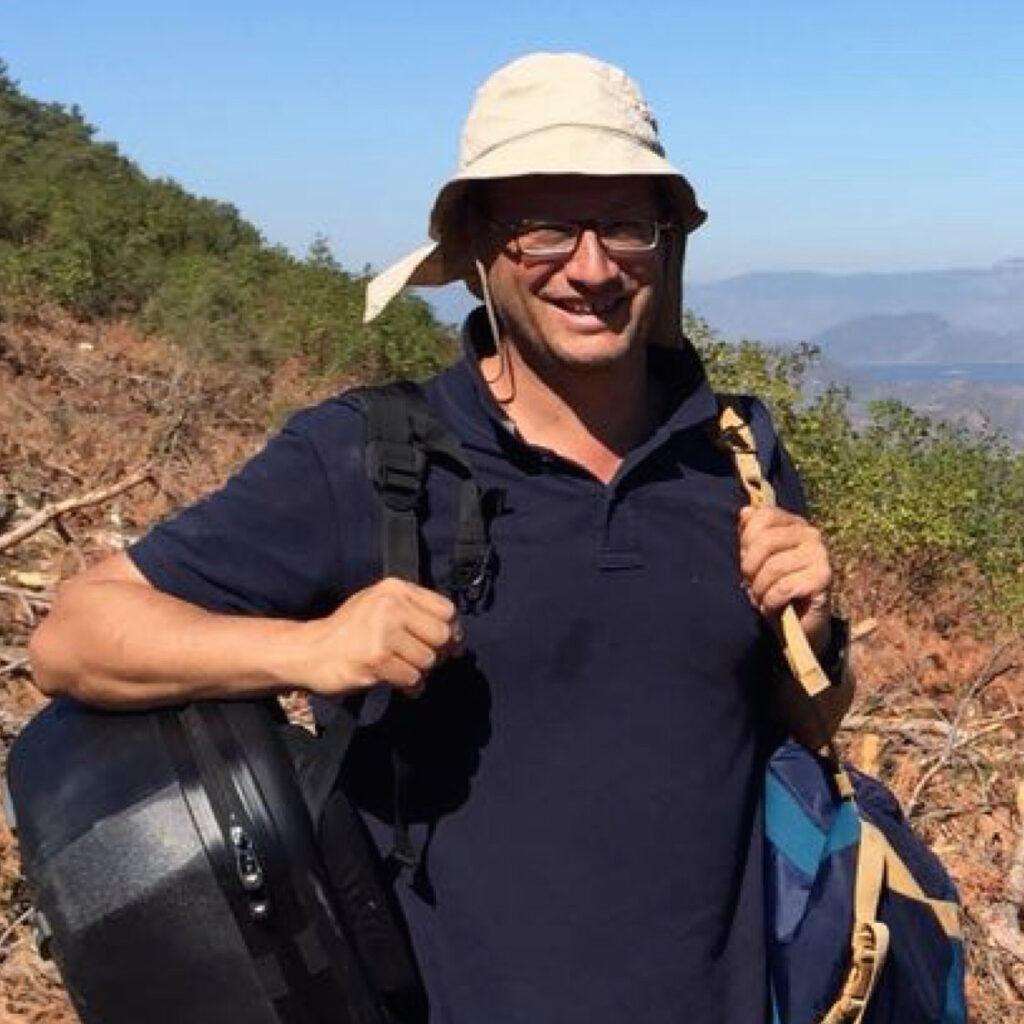
Assoc. Prof. Dr. Koray KONUK
Assistant Director, Archaeologist - Numismatist, CNRS - Bordeaux Montaigne University, Ausonius Institute
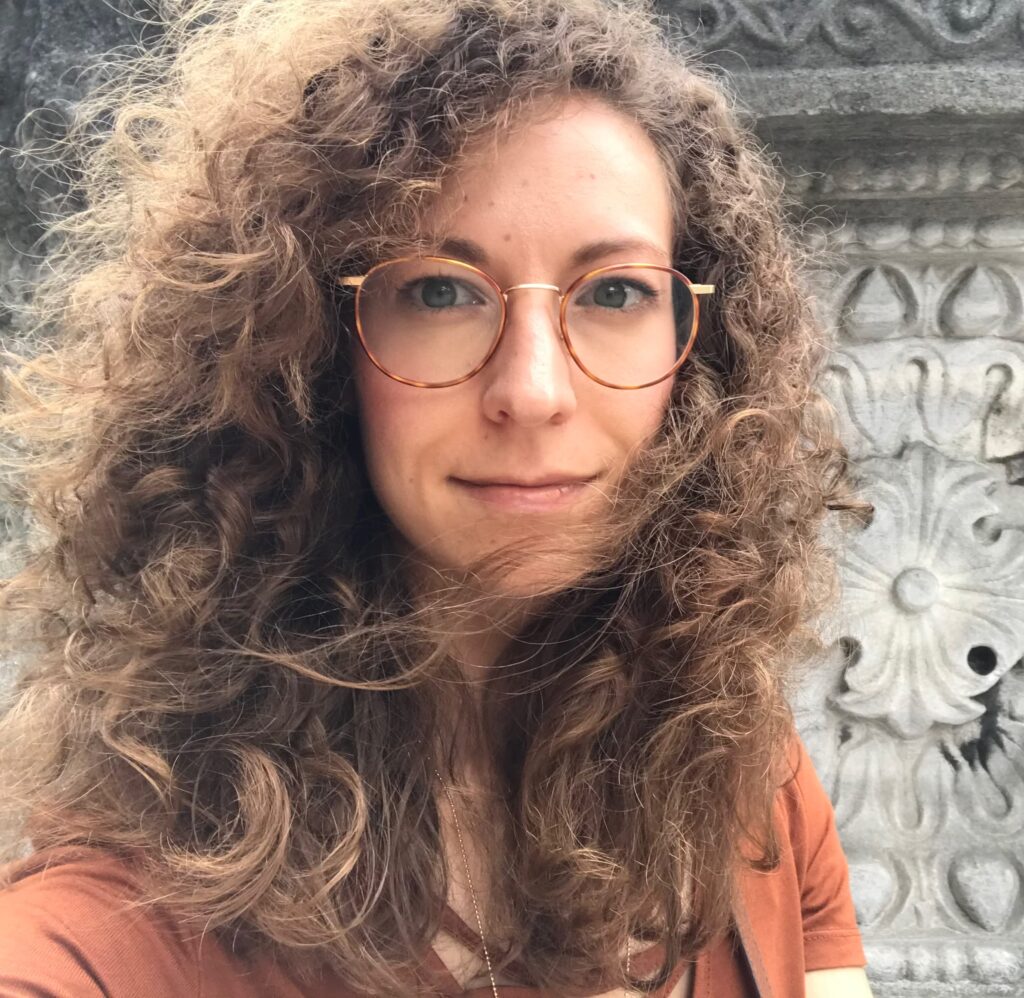
Dr. Anna M. Sitz
Director of the Byzantine Studies, Tübingen University
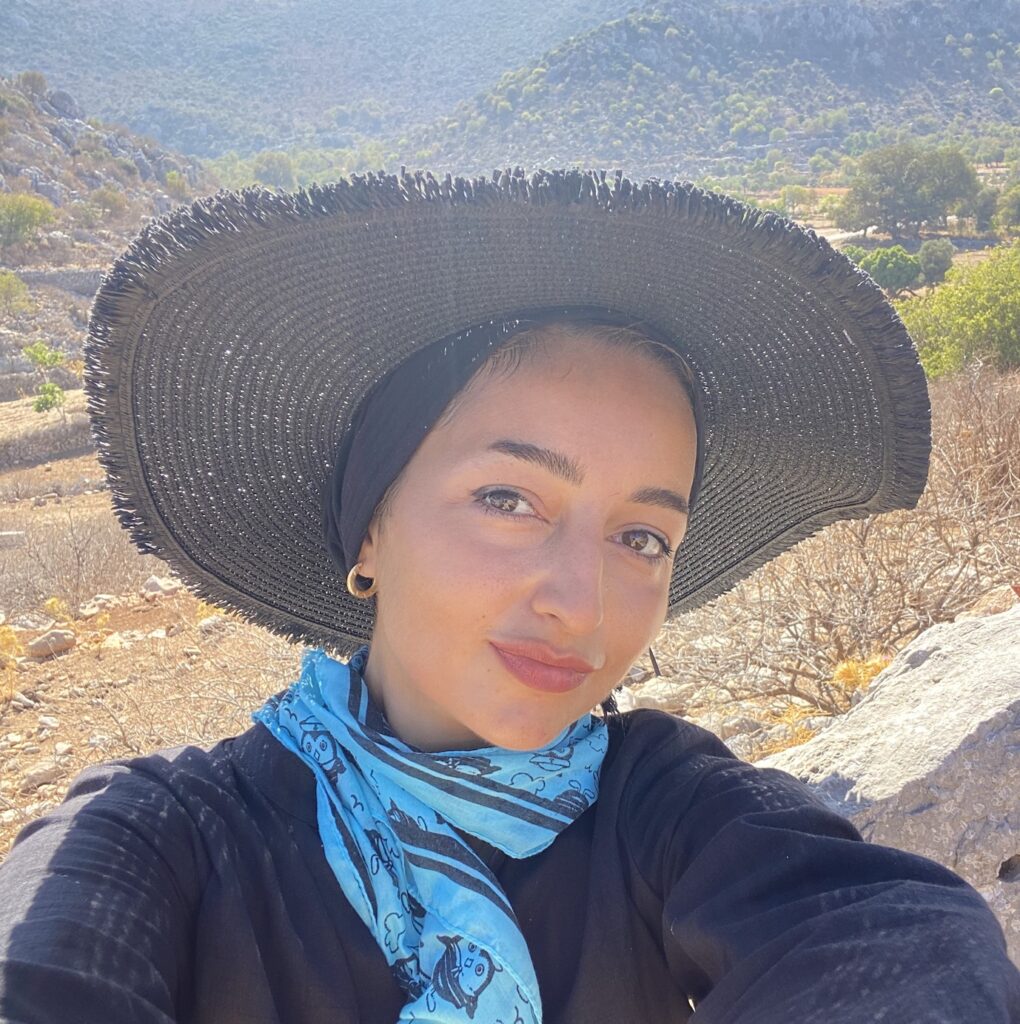
Münire Rümeysa ÇAKAN
Architect (M.A)
Alanya Alaaddin Keykubat University
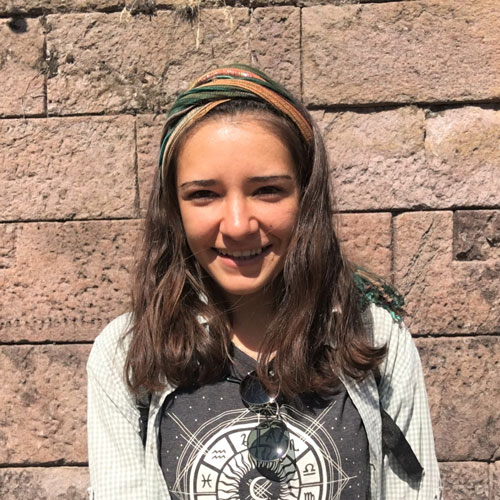
İlayda ALİKAYA
Archaeologist (MA) & Archivist & Data Manager
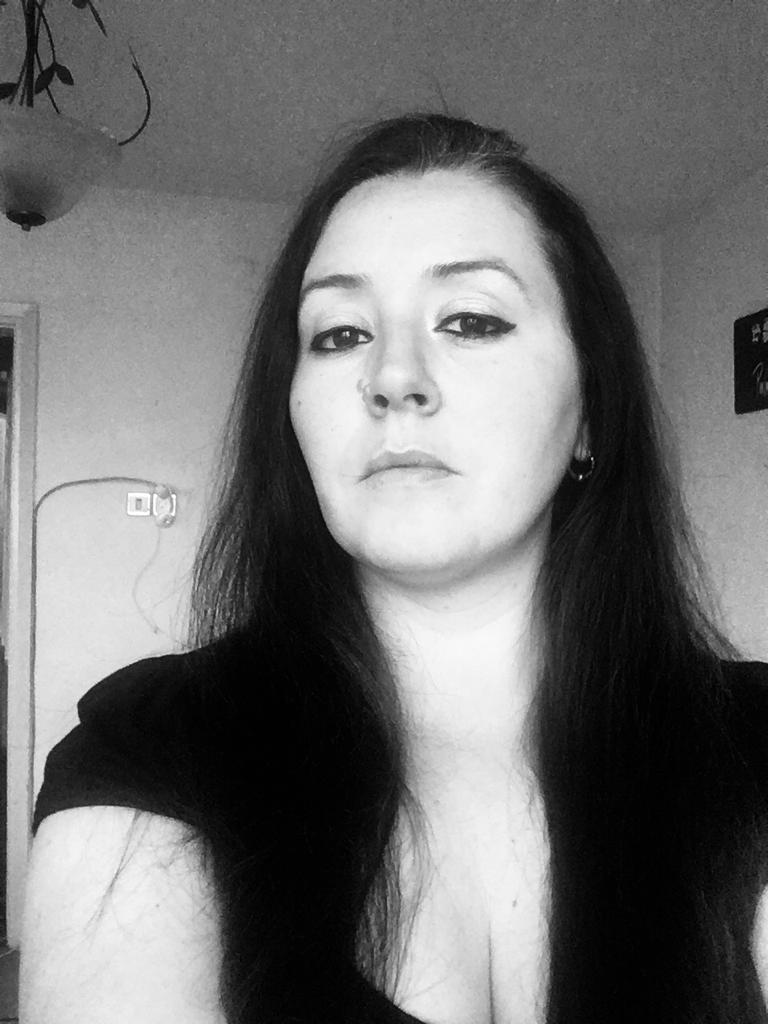
Aslıhan GÜÇLÜ
Archaeologist (MA) & Artist, Dokuz Eylül University
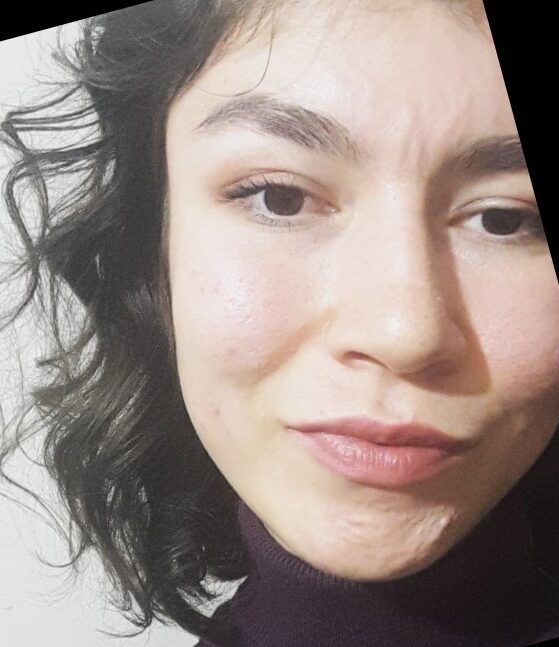
Kübra GÜNBEY
Director of the ethnobotany Program, Landscape Architect
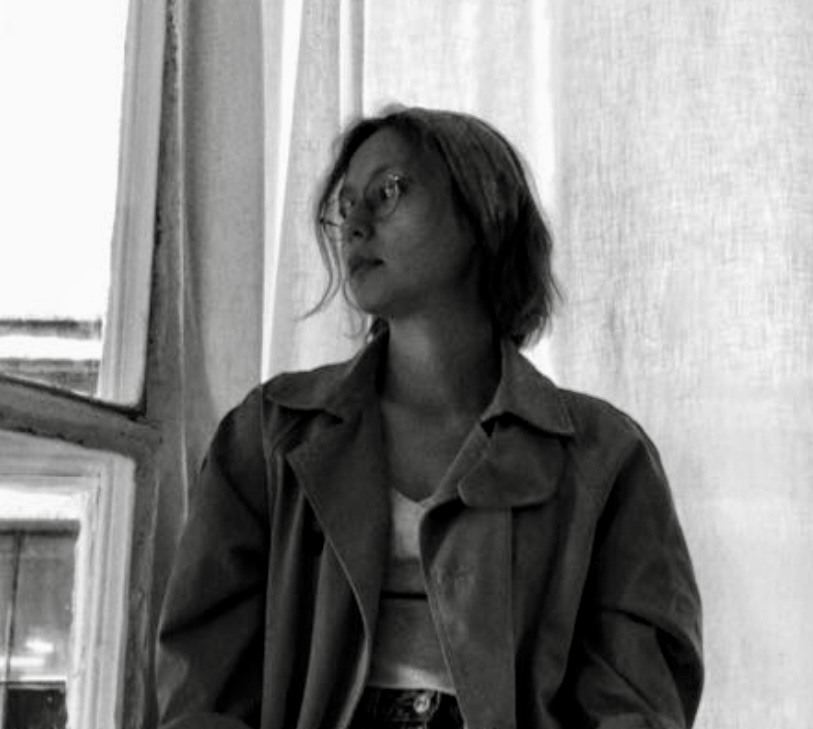
Şeyda SAYIN
Archaeologist

Fatih DELİ
Archaeologist
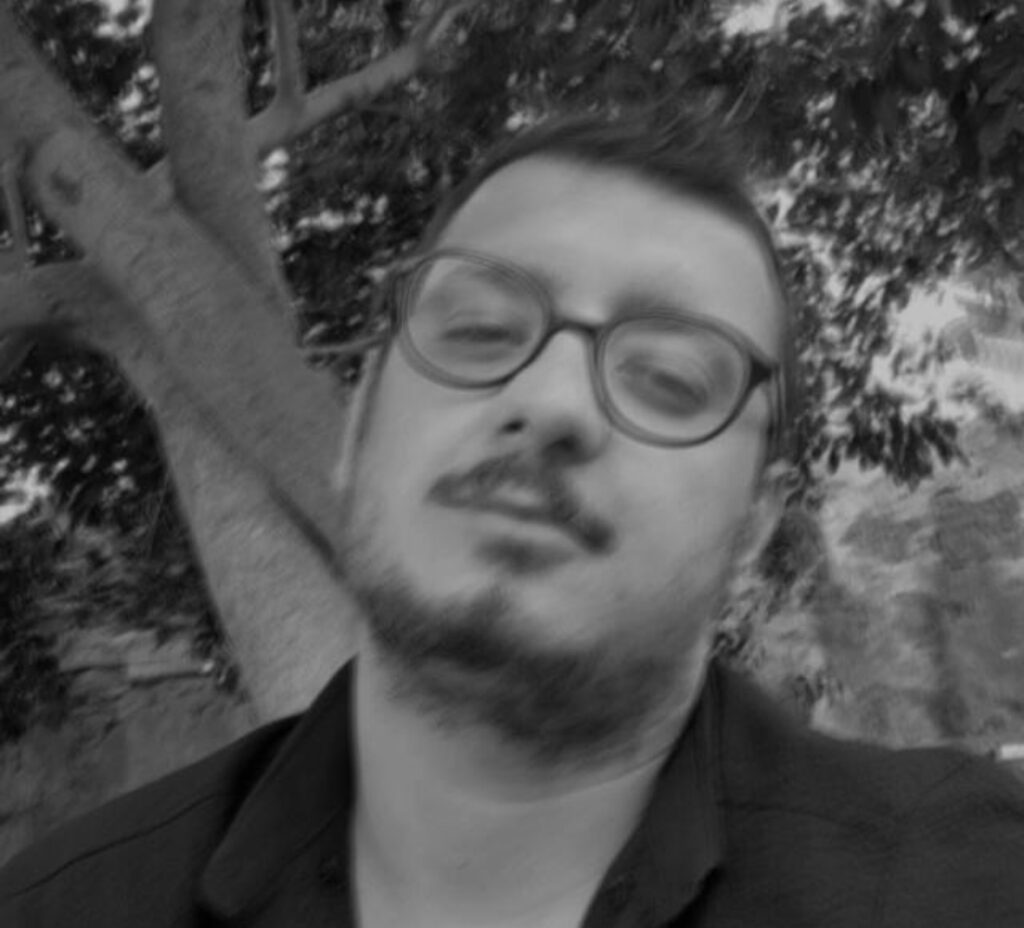
İbrahim AKALIN
Archaeologist

Bahar Cansel İTEZ
Intern, department of Urban and Regional Planning, TED University

Sude Nur ALTINDİŞOĞULLARI
Intern, department of Architecture, İstinye University

Tuğba TEKİNALP
Intern, department of Cultural Heritage and Preservation, Pamukkale University

Mehmet Serhat AYDEMİR
Topographical Engineer, MESA
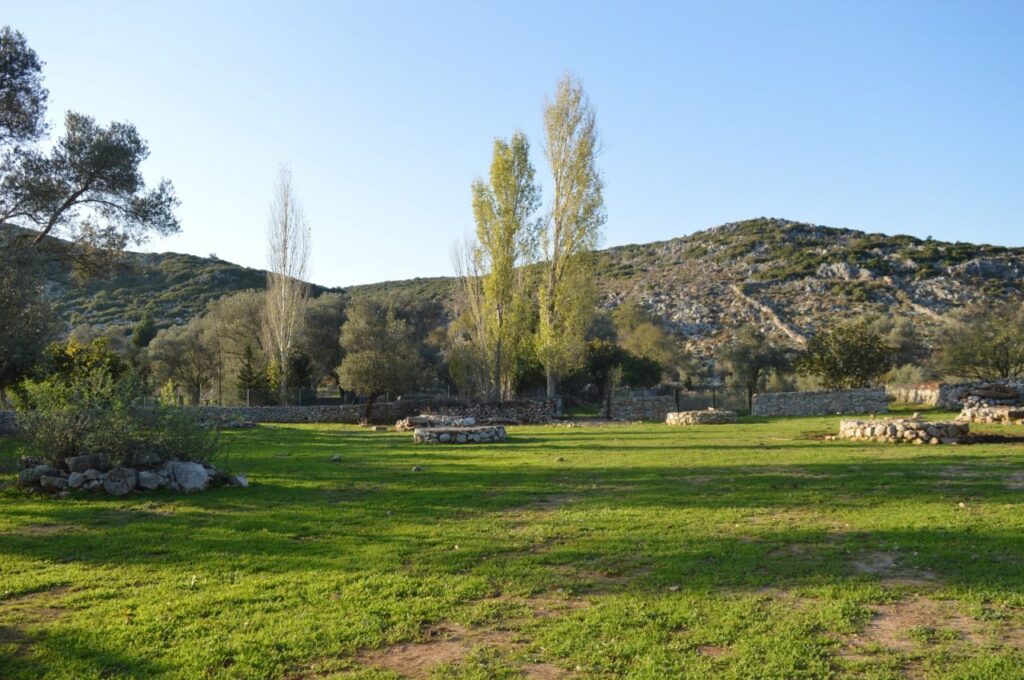
Pınar PİŞKİN
PARC Staff

Tarık GÜÇLÜTÜRK
Ministry Representative, Ministry of Culture and Tourism
2022

Dr. Asil YAMAN
Founder & Director
Penn Museum

Assoc. Prof. Koray KONUK
Assistant Director, Archaeologist - Numismatist, CNRS - Bordeaux Montaigne University, Ausonius Institute

Assoc.Prof. Canan ÇAKIRLAR ODDENS
Director of the ZooArchaeology Program, Gröningen University

Dr. Anna M. SITZ
Director of the Byzantine Studies, Heidelberg University
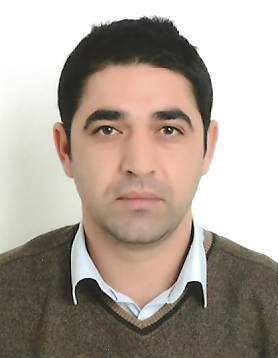
Dr. Taylan DOĞAN
Director of the Cult Project
Muğla Sıtkı Koçman University
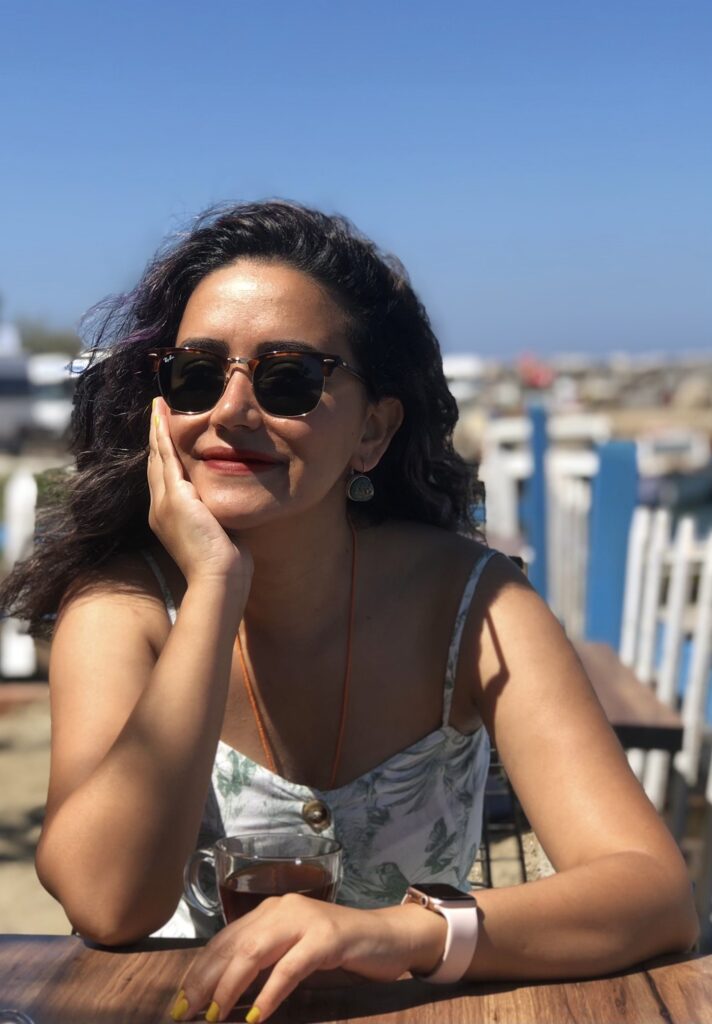
Merve YEŞİL
Archaeologist (MA)
Süleymen Demirel University

İlayda ALİKAYA
Archaeologist (MA) & Archivist Ege University

Dilara TAKI
Art Historian (MA)
Necmettin Erbakan University

Münire Rumeysa ÇAKAN
Architect (M.A)
Alanya Alaaddin Keykubat University
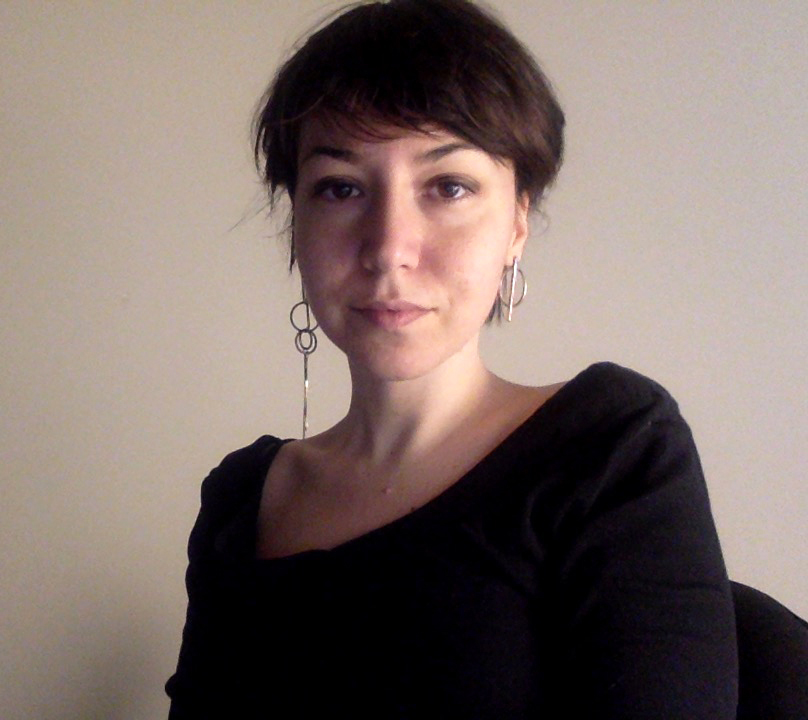
Zeynep OKYAY
Curator, Contemporary Art Program, PASAJ

Aslıhan GÜÇLÜ
Archaeologist (MA) & Artist, Dokuz Eylül University
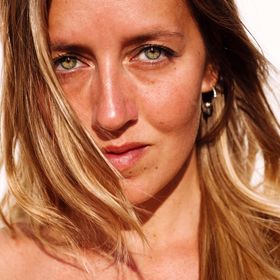
Halime Ayşe ÖZAYDIN
Artist,
Nişantaşı University
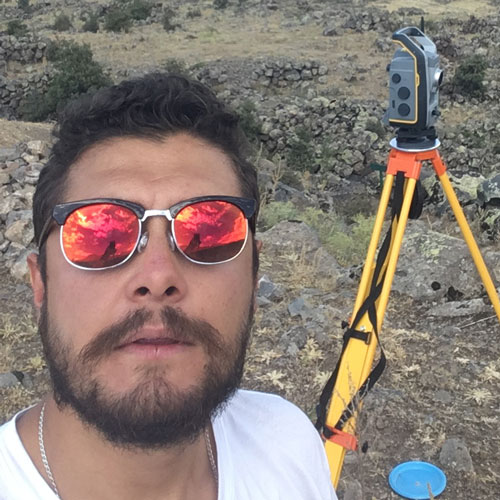
Mehmet Serhat AYDEMİR
Topographical Engineer,
MESA
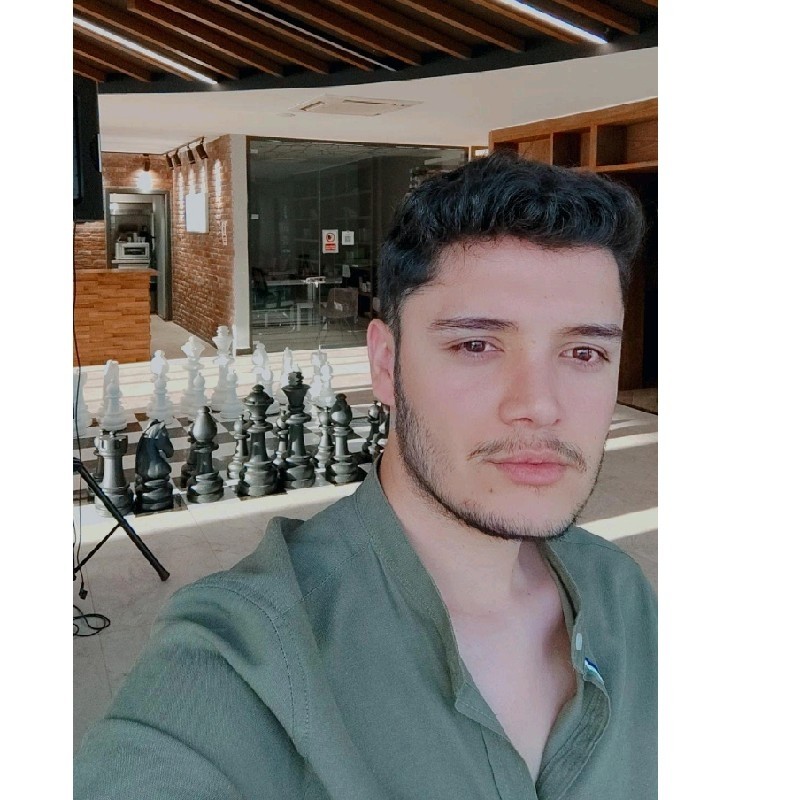
Doğukan TOKÇİN
City Planner
Phoenix Archaeological Project
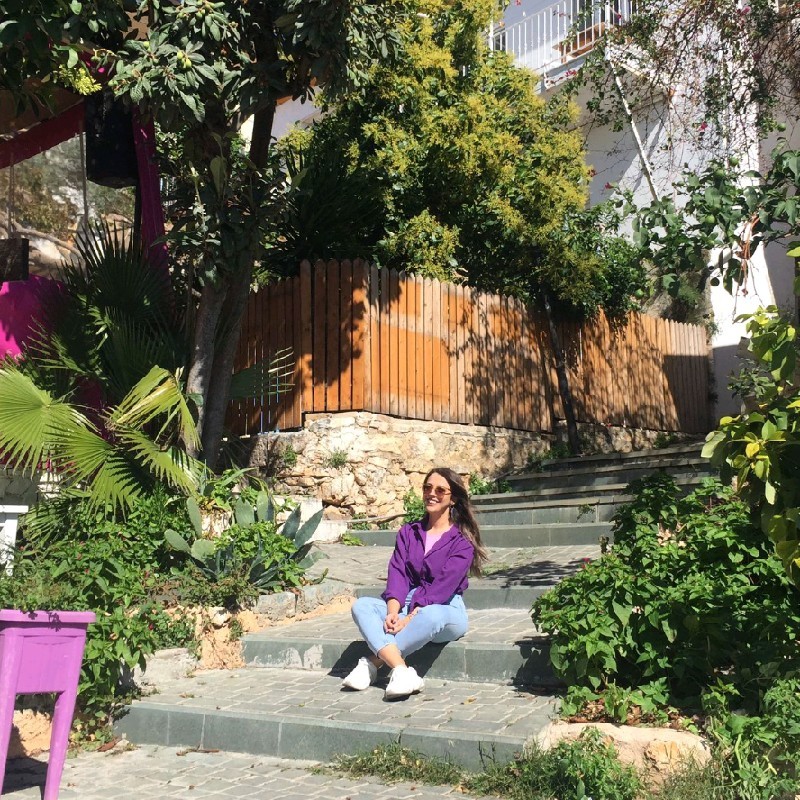
Aslıhan ŞENTÜRK
City Planner
Phoenix Archaeological Project
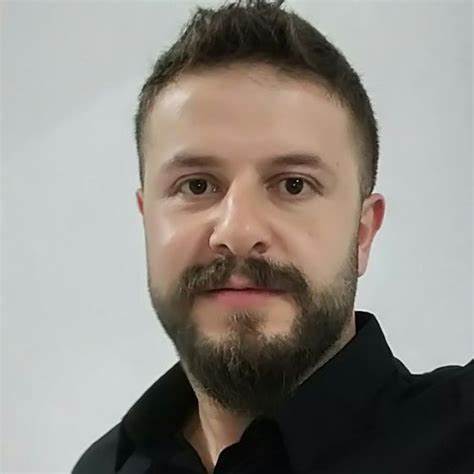
İbrahim ULU
Archaeologist
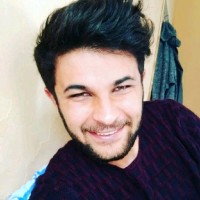
Fatih DELİ
Undergraduate Student in Archaeology
Muğla Sıtkı Koçman University

Ferhat DELİ
Technical Personnel
Phoenix Archaeological Project

Şirin AKAN
Undergraduate Student in Archaeology
Onsekiz Mart University

Ayşe KAHRAMAN DİLEKÇİ
Undergraduate Student in Archaeology
Muğla Sıtkı Koçman University

Kübra Nur YILMAZ
Archaeologist (MA)
Onsekiz Mart University

İbrahim AKALIN
Undergraduate Student in Archaeology
Muğla Sıtkı Koçman University

Arda KARA
Undergraduate Student in Archaeology
Muğla Sıtkı Koçman University

Hüseyin YAĞYUDAN
Undergraduate Student in Art History
Muğla Sıtkı Koçman University

Ayşegül DİKMEN
Undergraduate Student in Archaeology
Adıyaman University

Pınar PİŞKİN
Undergraduate Student in Archaeology
Muğla Sıtkı Koçman University

Sergül ÖZÇELİK UÇAN
Undergraduate Student in Archaeology
Muğla Sıtkı Koçman University

Alper Serhan DALTEKİN
Ministry Representative, Kocaeli Cultural Heritage Preservation Regional Board Directorate

Mutlu KARADAĞ
Museum Representative,
Marmaris Museum
2021

Dr. Asil YAMAN
Founder & Director,
Penn Museum

Assoc. Prof. Koray KONUK
Assistant Director, Archaeologist - Numismatist, CNRS - Bordeaux Montaigne University, Ausonius Institute

Assoc. Prof. Canan ÇAKIRLAR ODDENS
Director of the ZooArchaeology Program, Gröningen University

Dr. Anna M. SITZ
Director of the Byzantine Studies, Heidelberg University

Dr. Taylan DOĞAN
Director of the Cult Project, Muğla Sıtkı Koçman University
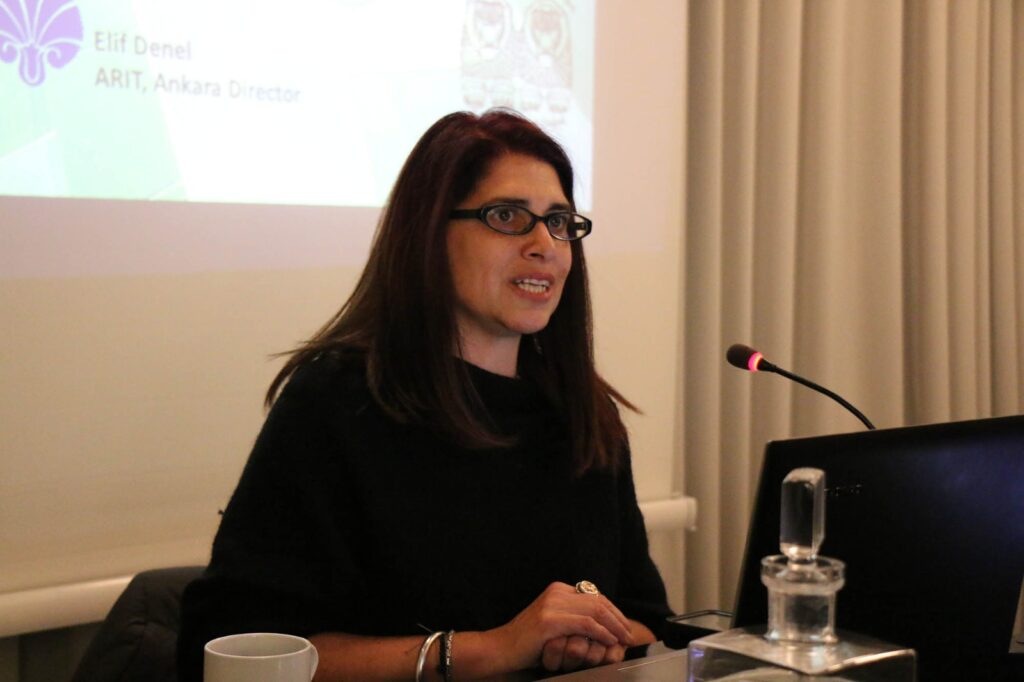
Dr. Elif DENEL
Consultant, American Research Institute in Turkey
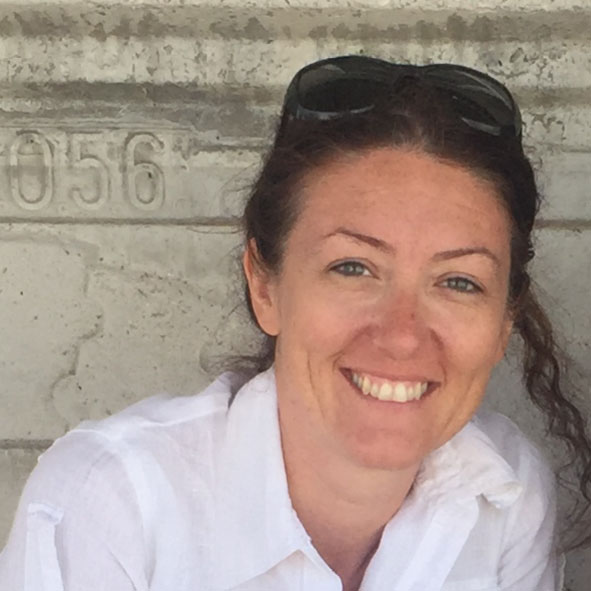
Dr. Işılay GÜRSU MASSA
Consultant,
British Institute at Ankara

Merve Yeşil
Archaeologist (MA), Süleymen Demirel University

İlkcan Zeynep GÖZCÜOĞLU
Archaeologist & Digital Media

İlayda ALİKAYA
Archaeologist (MA) & Archivist & Data Manager,
Ege University

Dilara TAKI
Art Historian (MA), Necmettin Erbakan University

Zeynep OKYAY
Curator,
PASAJ

Aslıhan GÜÇLÜ
Archaeologist (MA) & Artist, Dokuz Eylül University
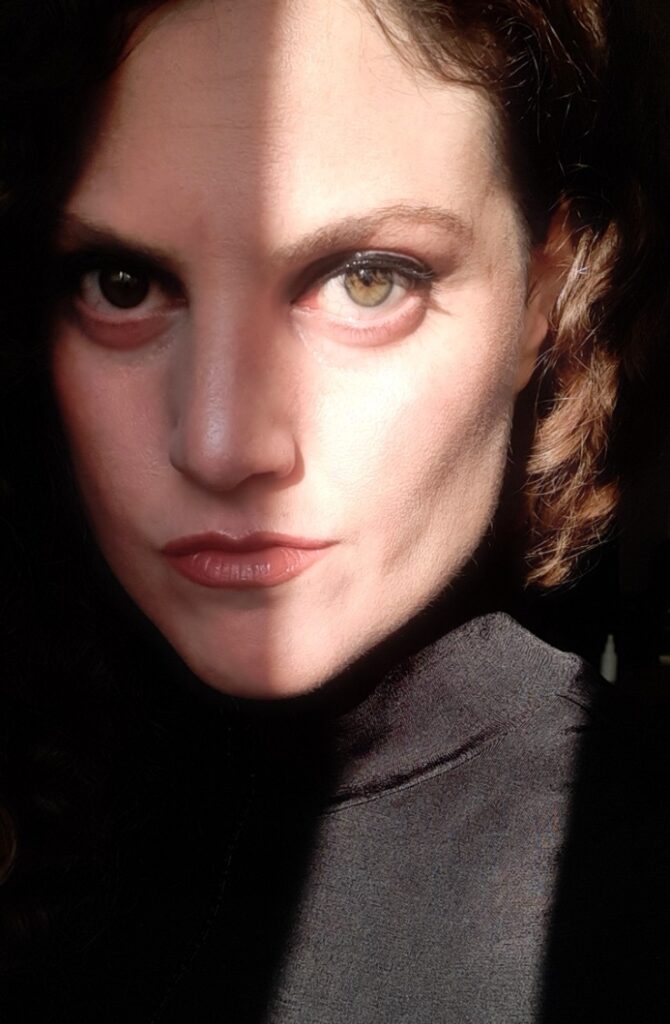
Aslı DİNÇ
Artist,
PASAJ

Halime Ayşe ÖZAYDIN
Artist,
Nişantaşı University

Mehmet Serhat AYDEMİR
Topographical Engineer
MESA
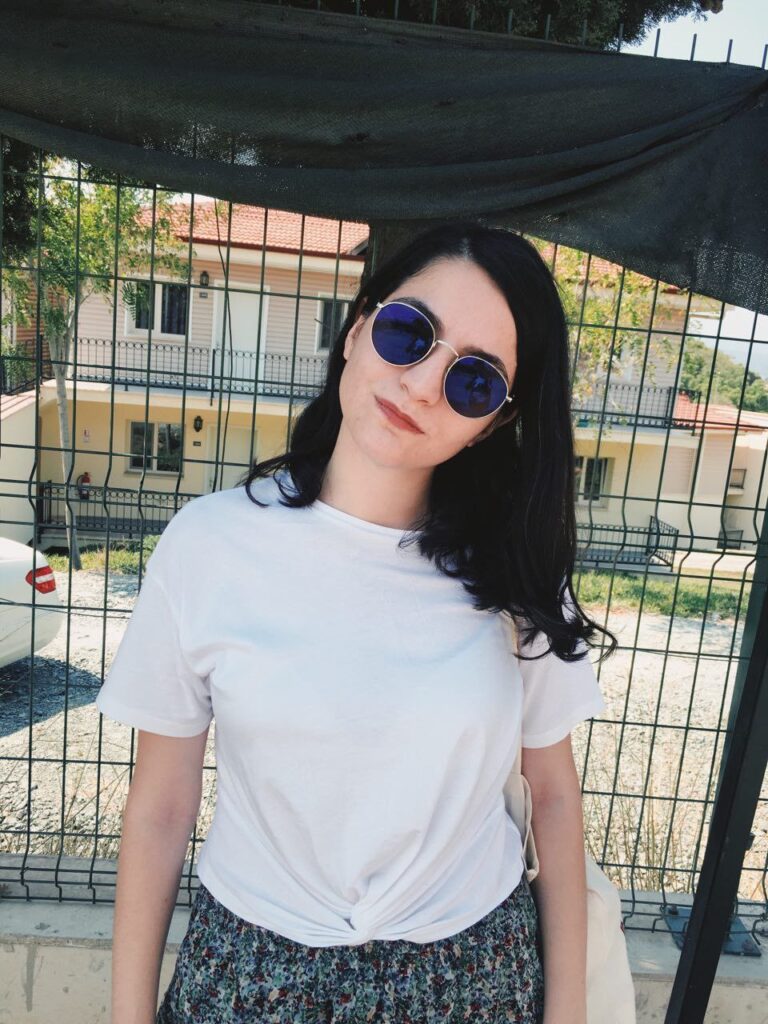
Didem ERİŞKİN
Web Designer
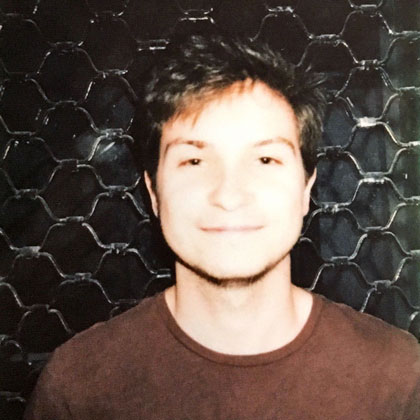
Serkan MERCAN
Web Designer
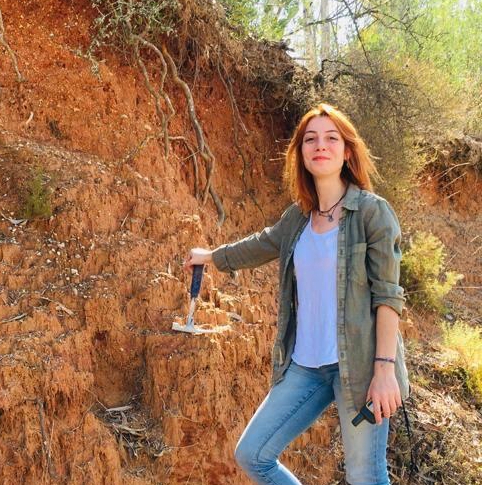
Sinem HACIOSMANOĞLU
Archeometry
University of Tübingen

Pınar PİŞKİN
PARC Staff

Sergül ÖZÇELİK UÇAN
PARC Staff

İsa UÇAN
PARC Staff
